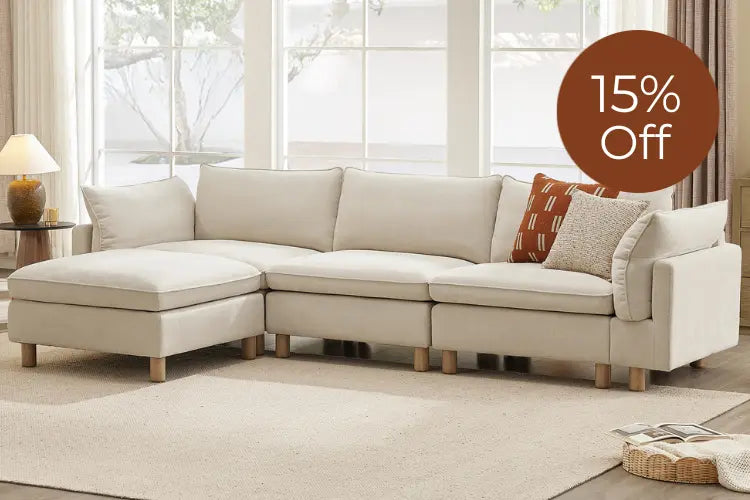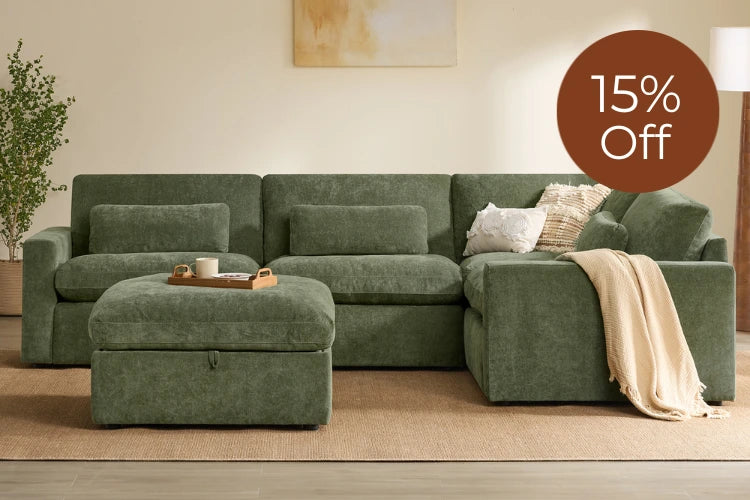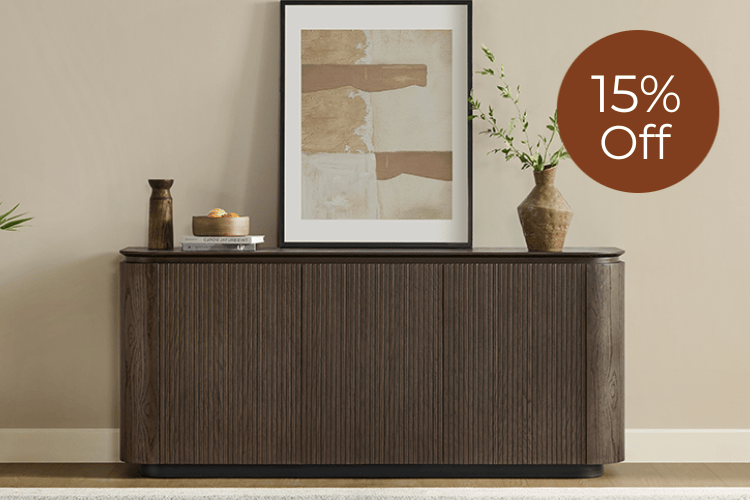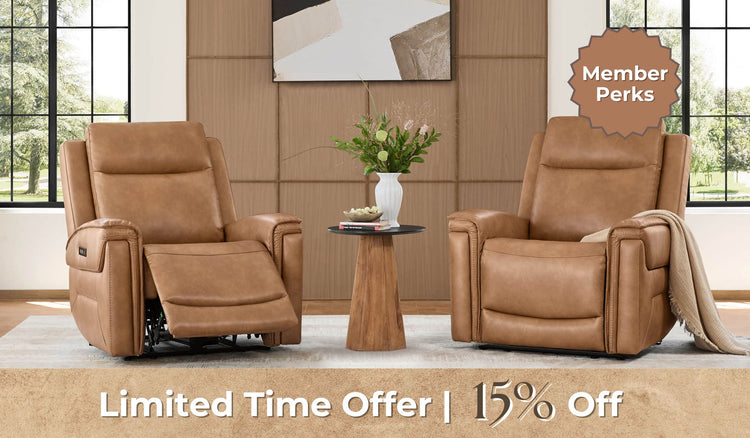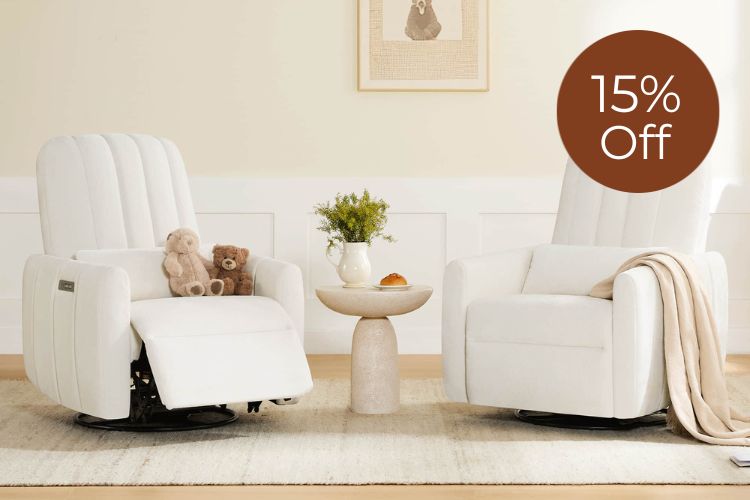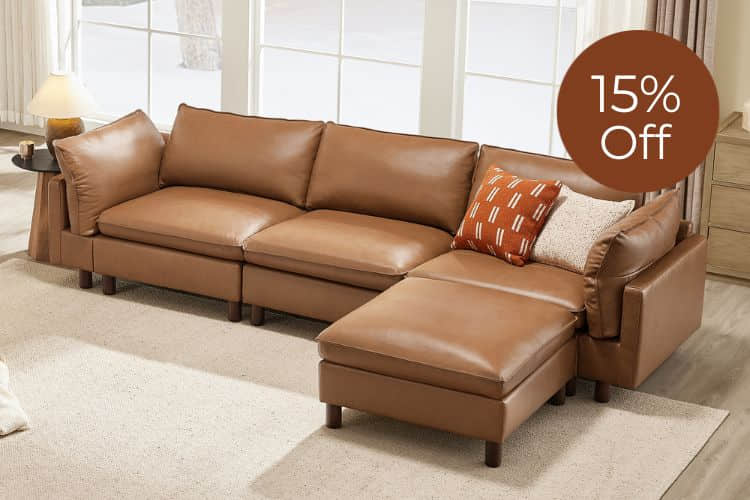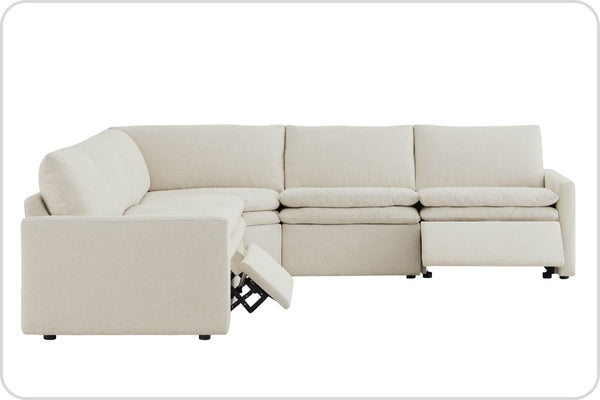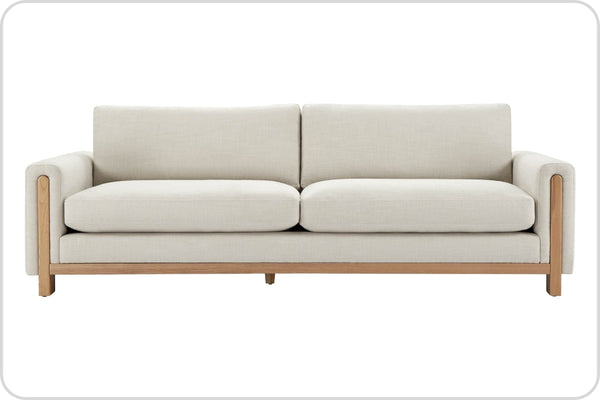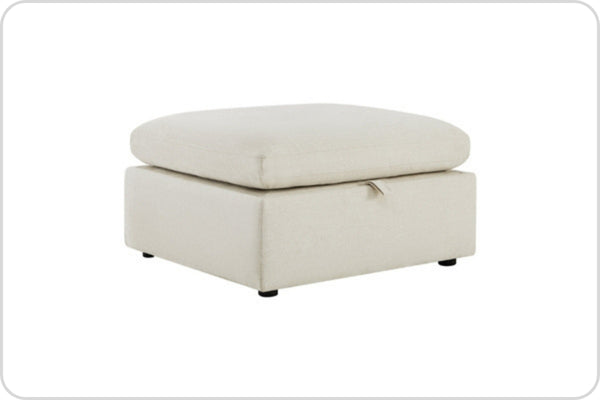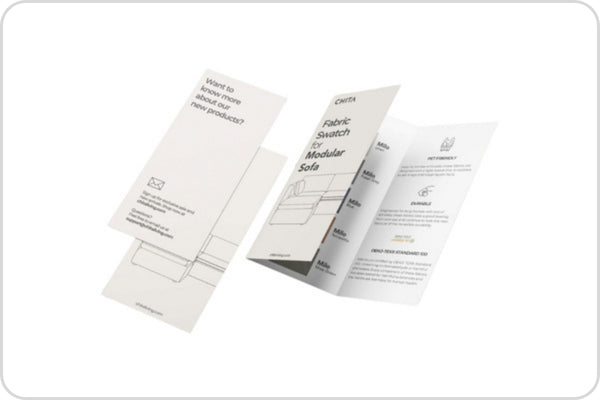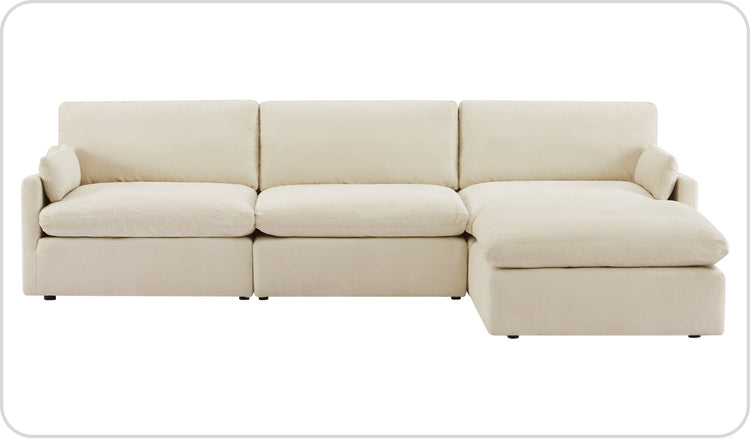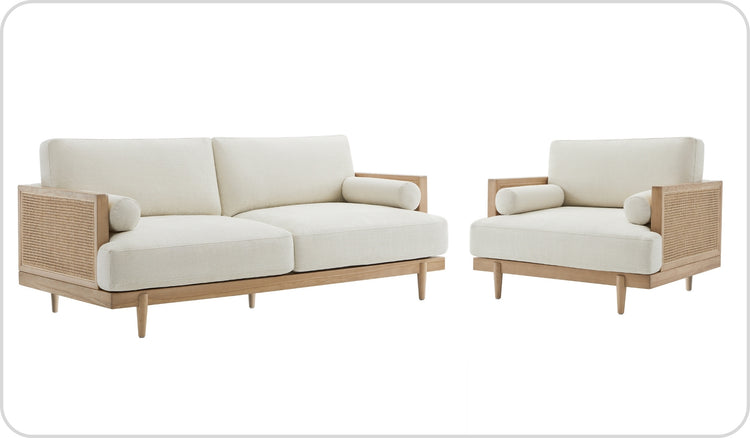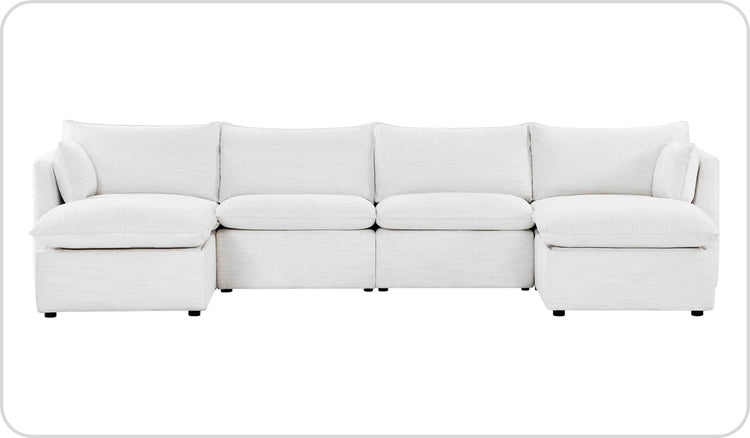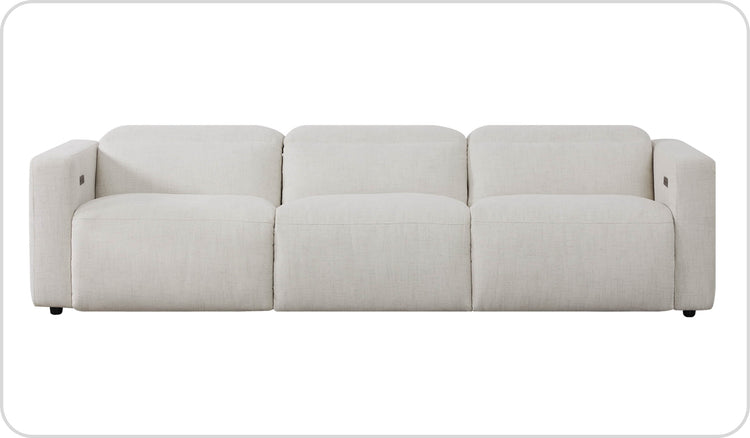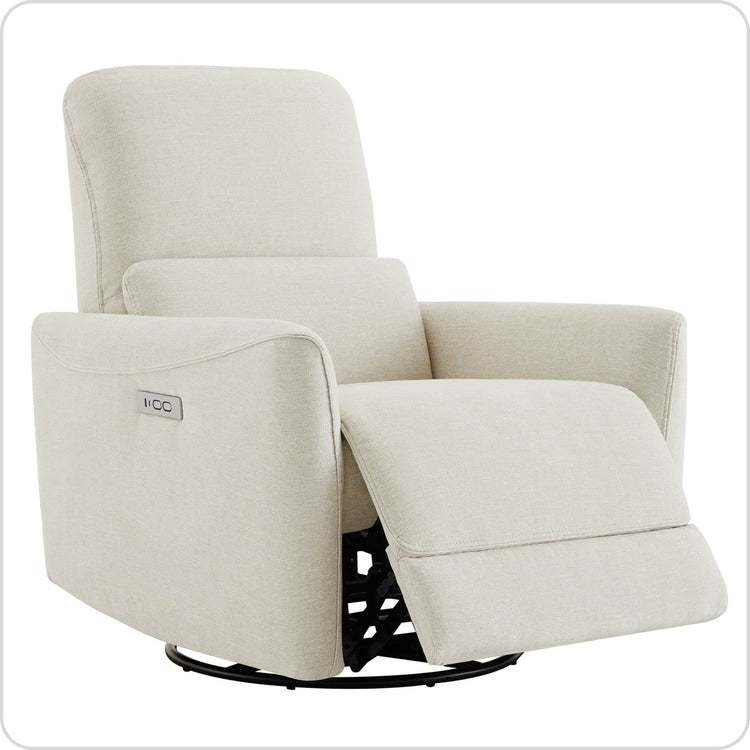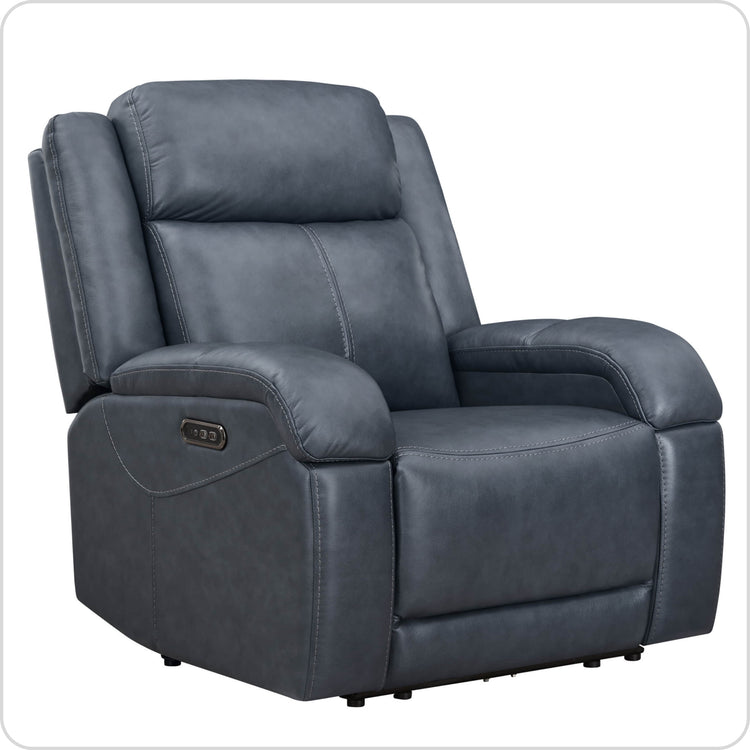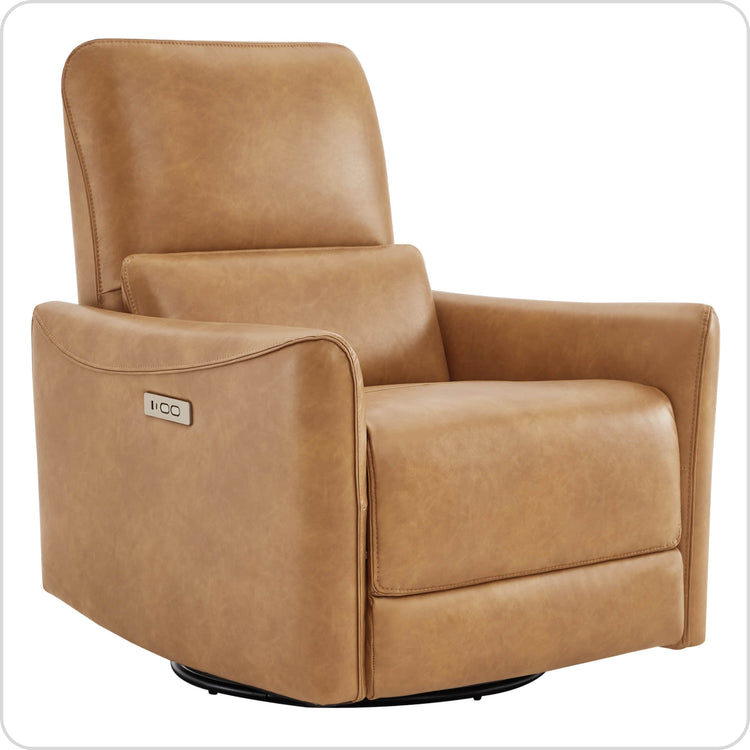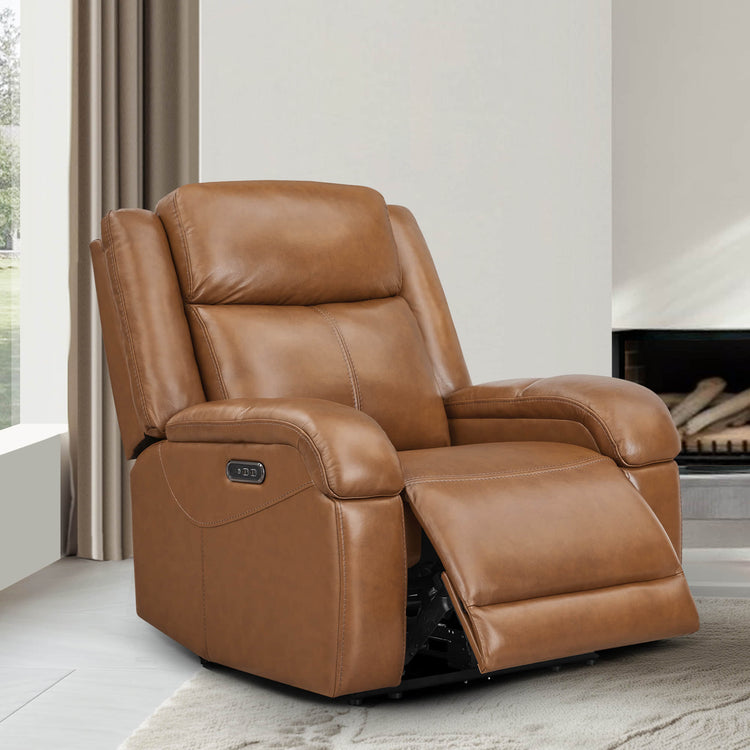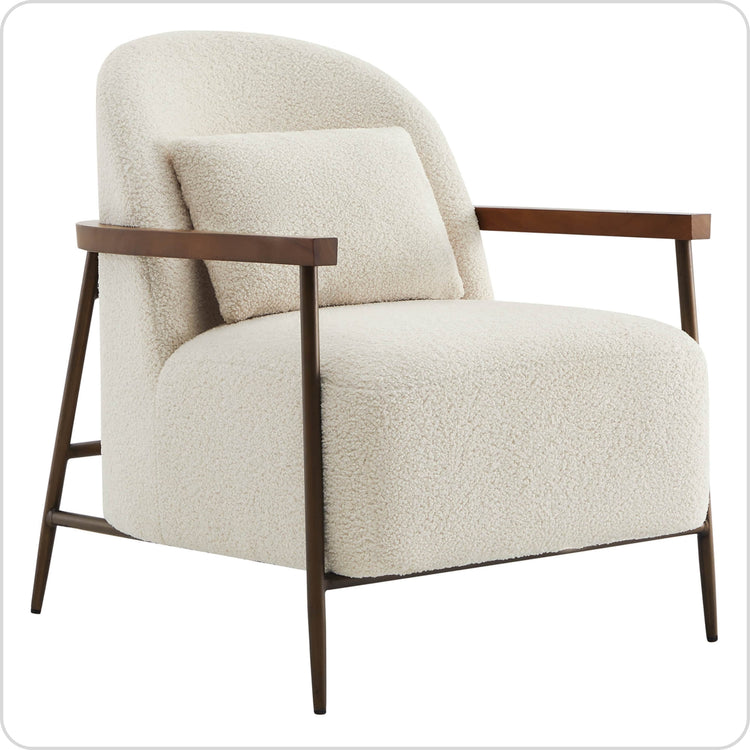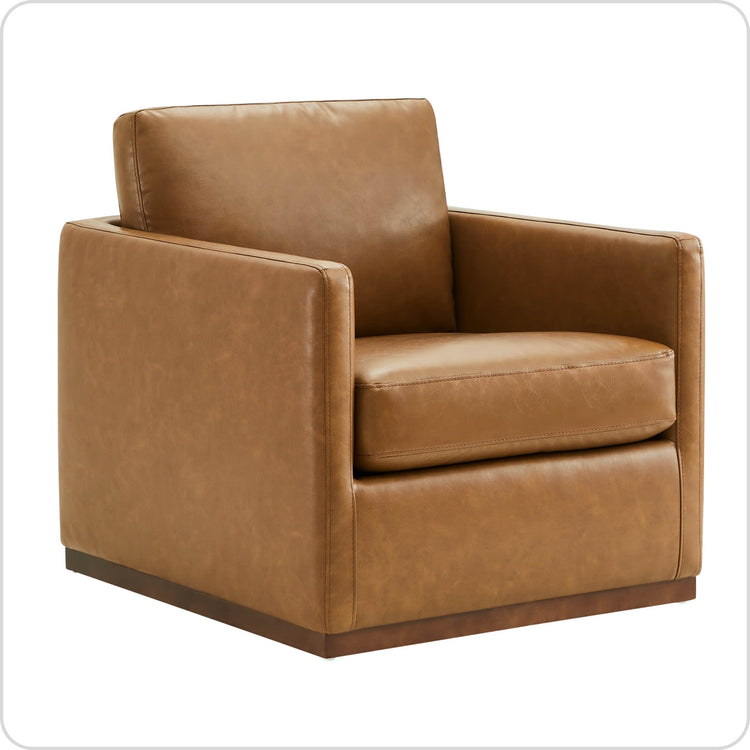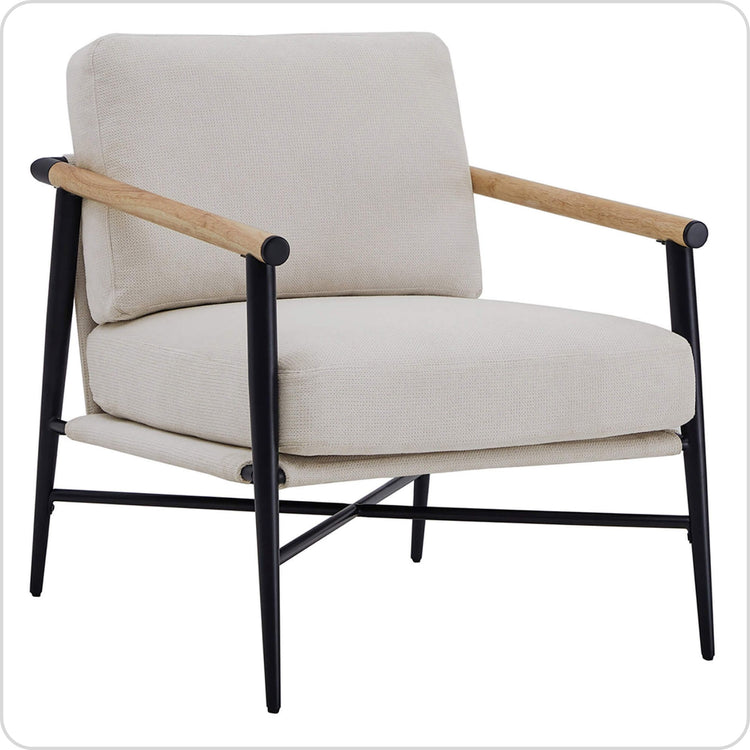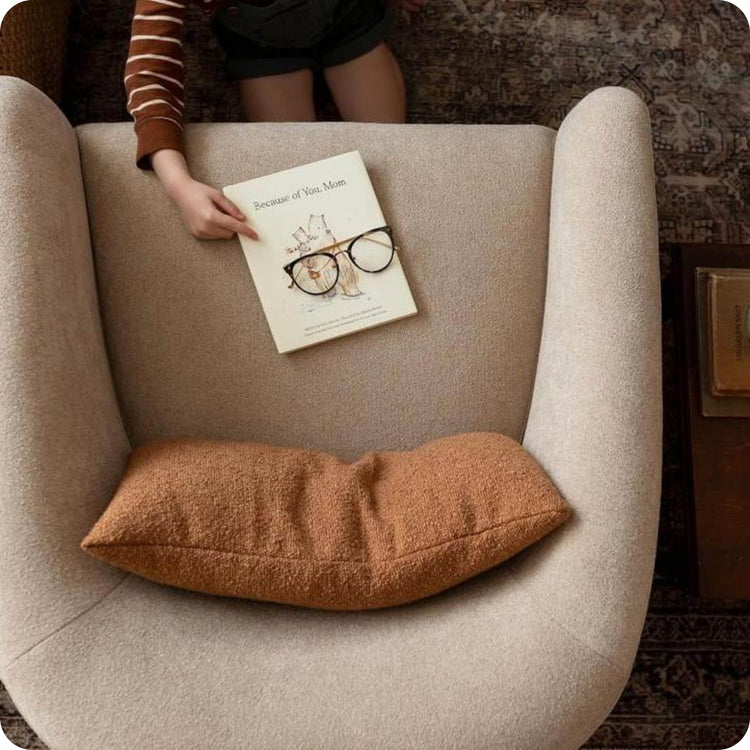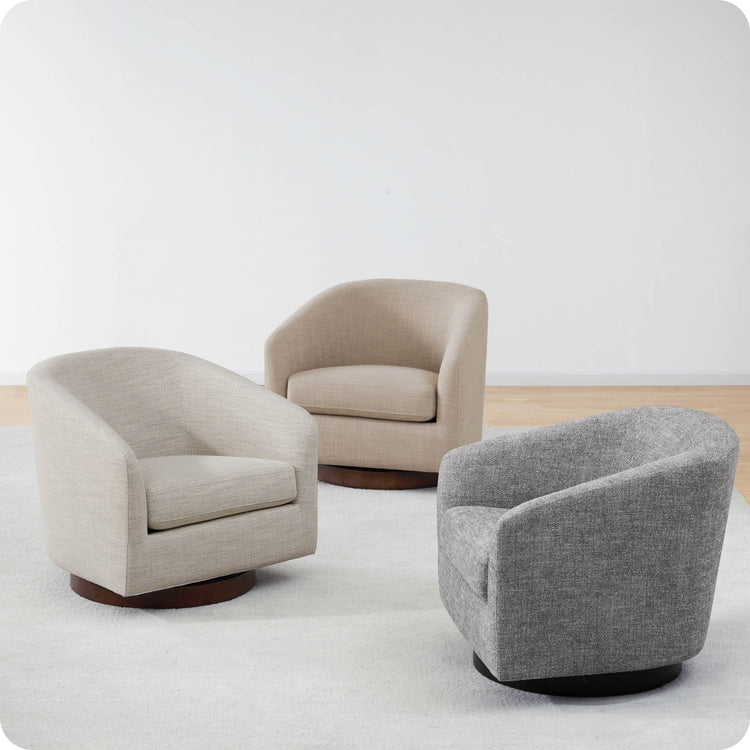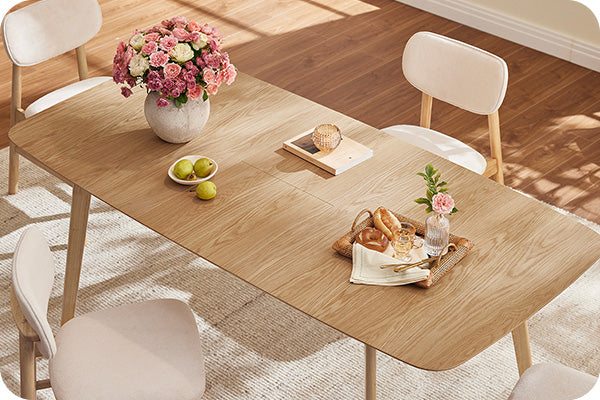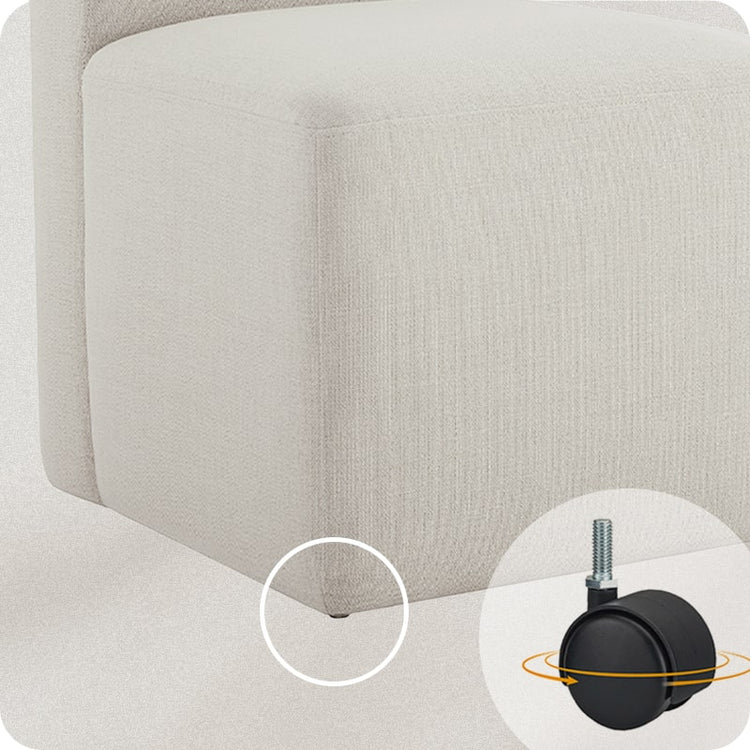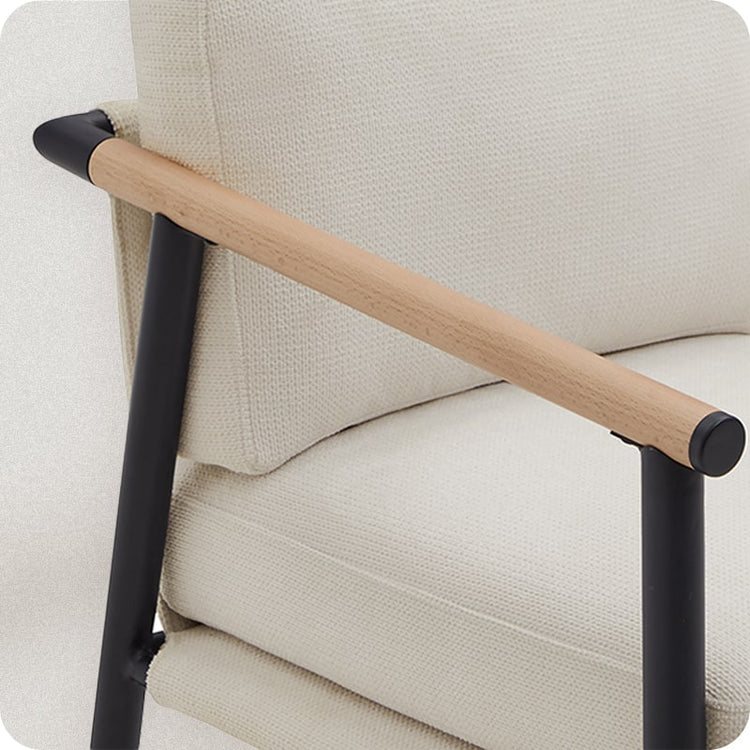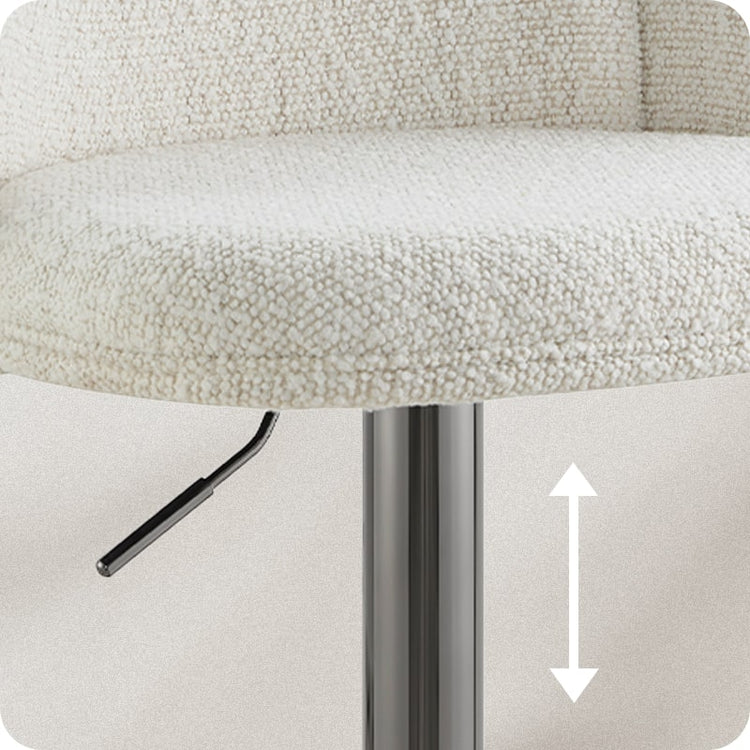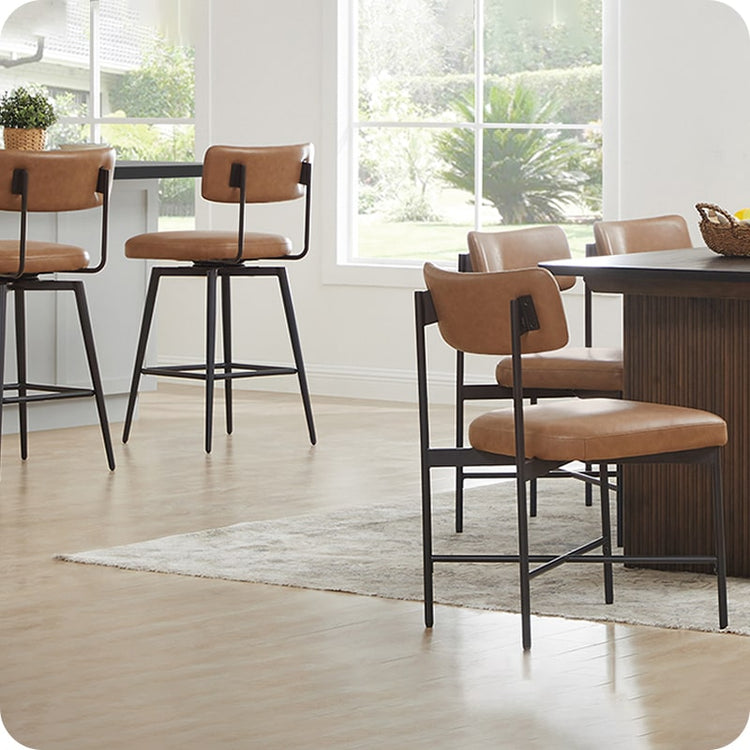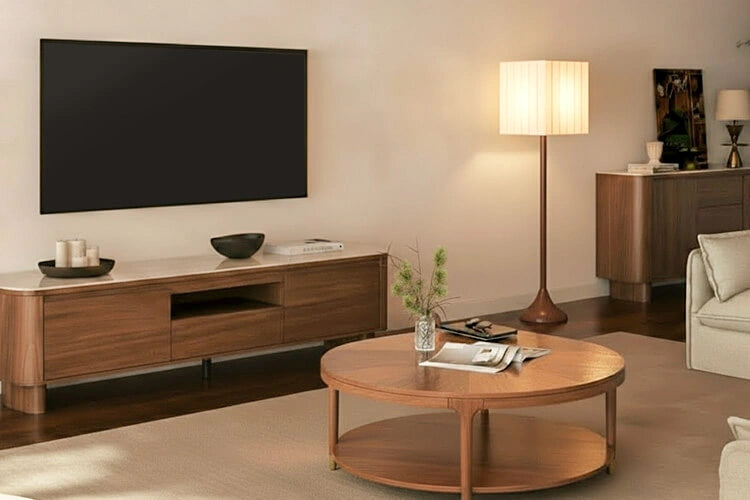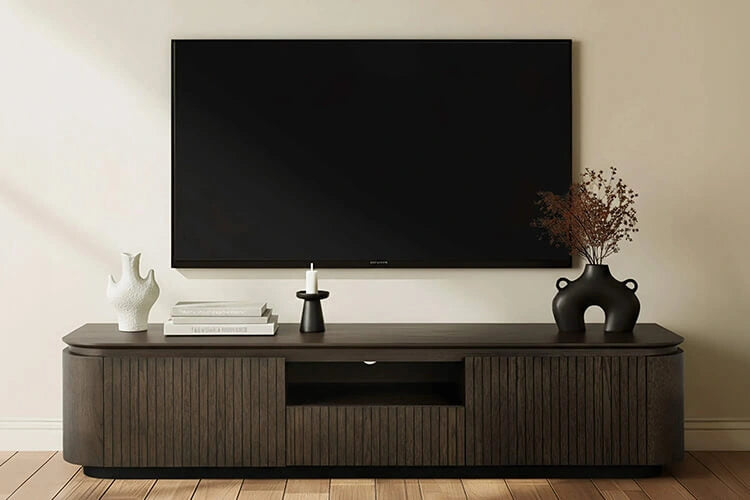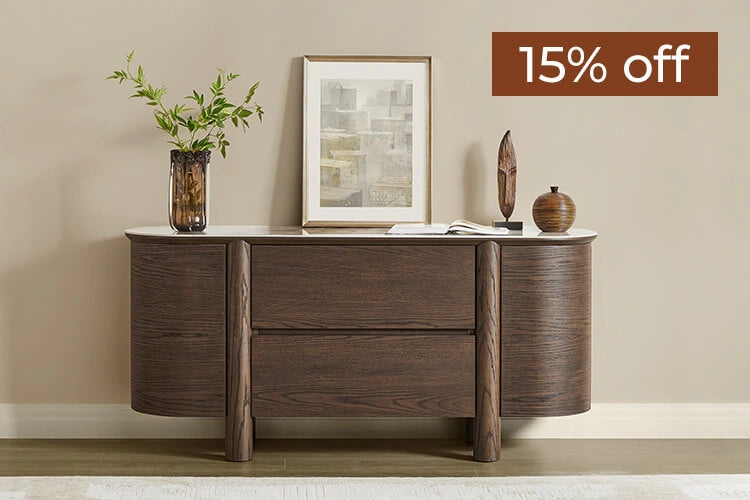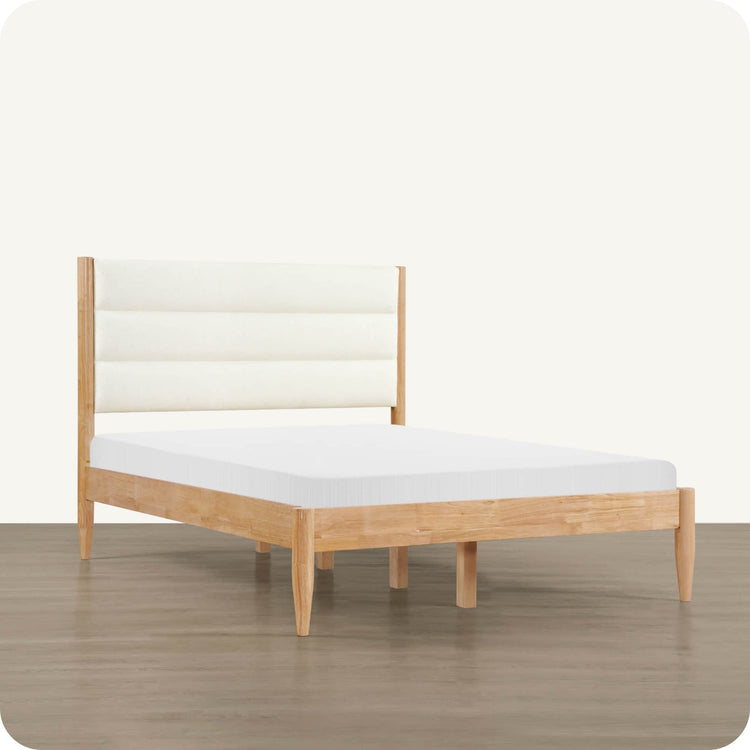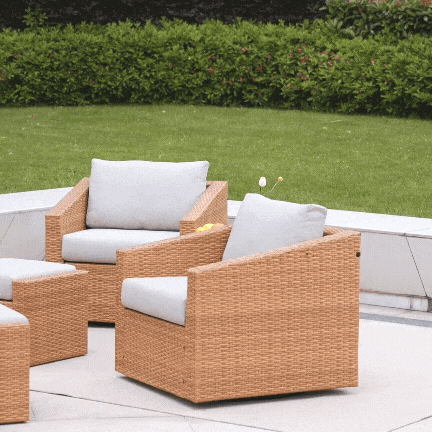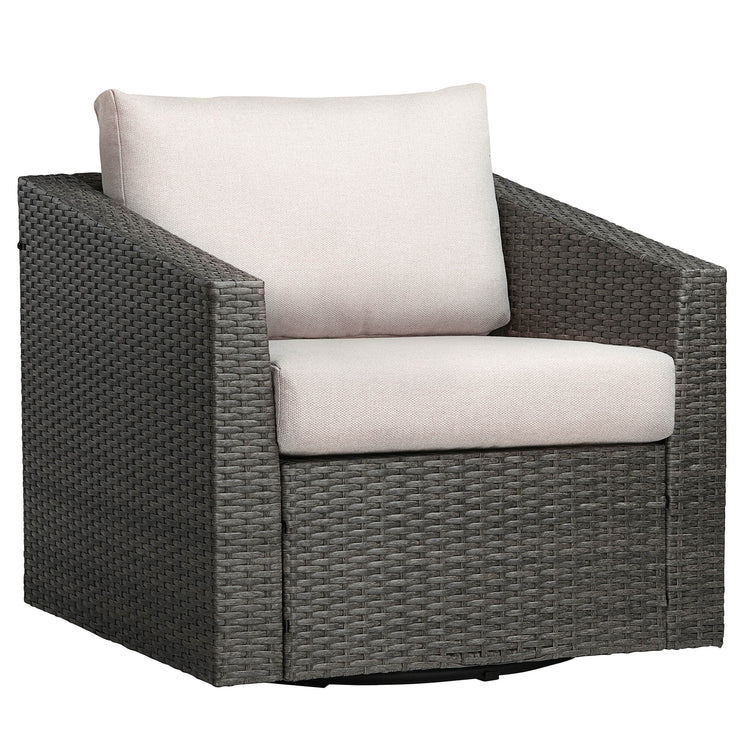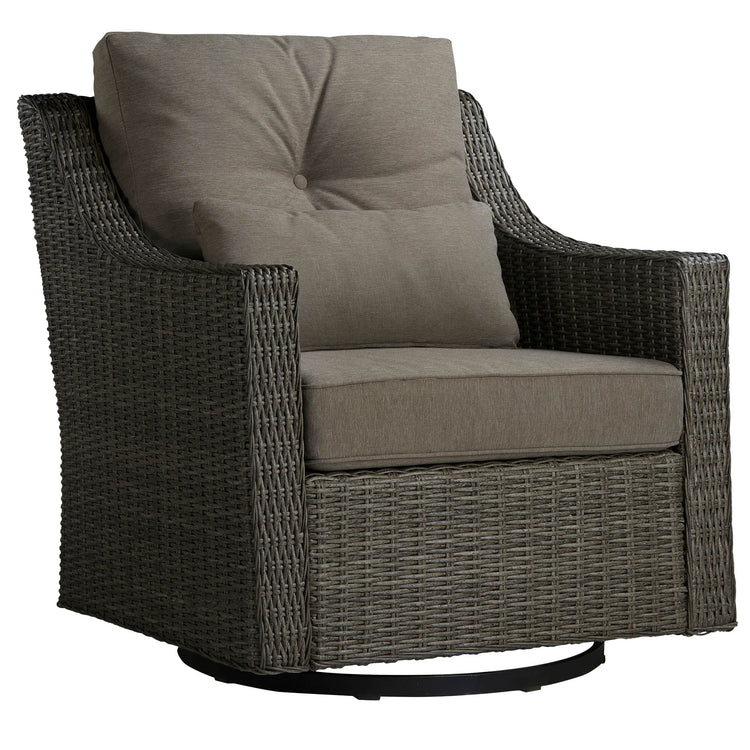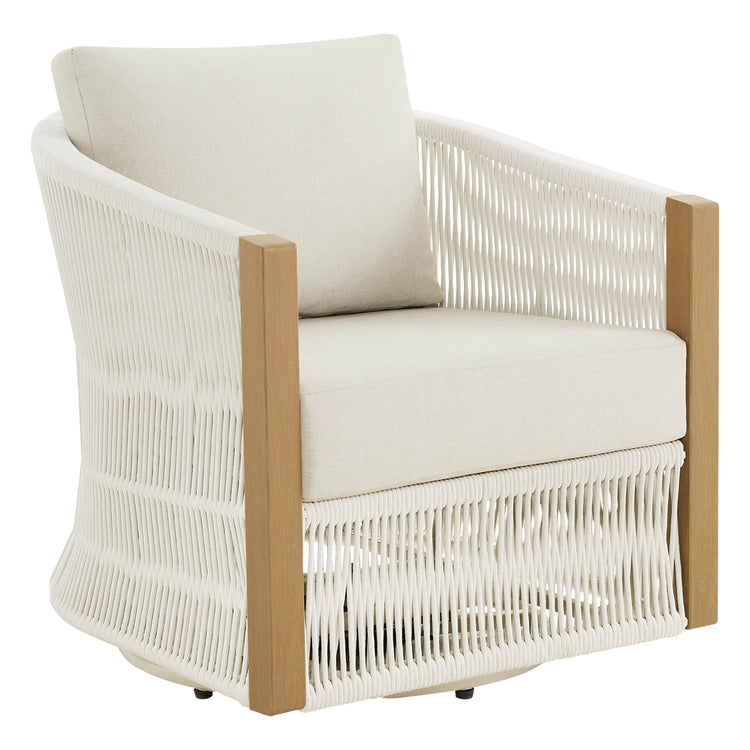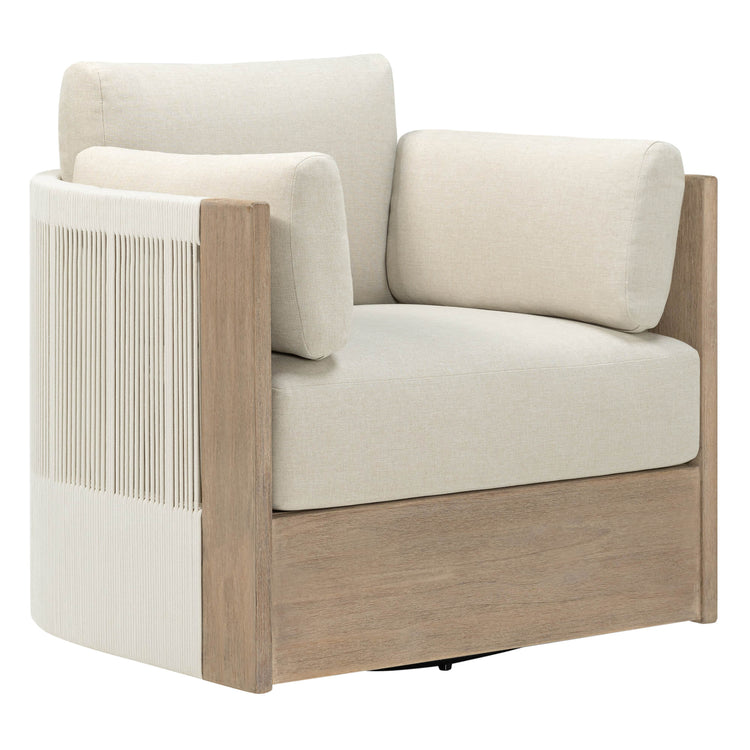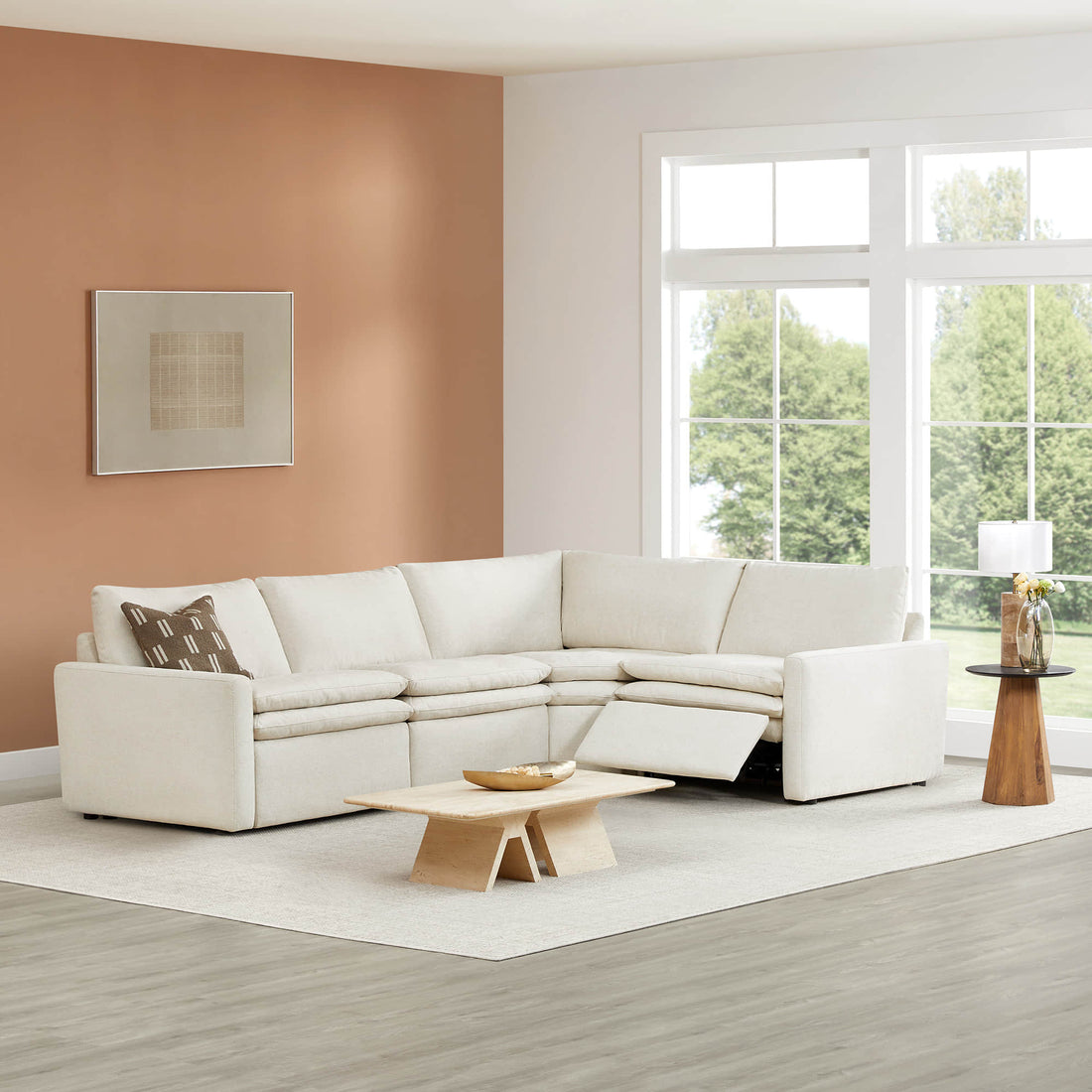Key Takeaway
A reclining sofa can improve comfort and offer temporary posture support during remote work. While it is not a replacement for a fully ergonomic office chair, it can help reduce muscle tension, provide better weight distribution, and make short breaks more restorative.
Working from home is flexible, but it can also cause new aches and pains. A stiff dining chair or a soft couch can leave you with a sore back. You try to make these setups work, but your body suffers. There is a piece of furniture that can help, but many people don't think of it for work. A good reclining sofa is not just for relaxing. It can be a great tool for your body and change your workday from a pain into a comfortable, productive time. Here, you'll see how a recliner gives you great comfort and back support, making it a top choice for your home office.
Why Your Makeshift WFH Setup Affects Posture and Comfort
Working from home often means using furniture that isn't designed for an eight-hour day. This leads to stiffness and pain because these setups don't give your body the support it needs. Here's a quick look at the problems:
- The Dining Chair: A dining chair is too stiff and straight. Its straight, 90-degree angle puts direct pressure on your spine. It also offers no support for the natural curve in your lower back. After a full workday, this position causes significant back strain and tiredness.
- The Couch: A couch is too soft. The cushions let you sink in and slouch, forcing your spine into a bad "C" curve. This strains your neck and shoulders as you lean to see your screen.
- The Bed: Working from bed is the worst choice. It gives you no stable support, putting your neck, back, and hips into unnatural positions that are guaranteed to make you sore by the end of the day.
The main problem is simple: none of these options is made to support your body correctly during a full workday.
The Ergonomic Advantage of a Reclining Sofa for Posture
A good recliner is built with your body in mind. You can adjust it to support you in different positions. This gives you clear benefits that fix the problems of other furniture.
Offer Lumbar Support with Recliner Design
Your back has a natural S-curve, and maintaining that shape is essential for a healthy back. Most critical to that curve is your lower back area. Regular chairs do not support that area at all. This makes your muscles get tired and lets you slump, which flattens the curve and puts stress on the discs in your spine.
Quality reclining sofas are made differently. They are shaped to fill the gap behind your lower back. When you sit, this built-in cushion supports the natural curve of your back. This simple feature takes a lot of weight off your back muscles, so they can relax instead of working all the time to hold you up. It's a basic part of good design that helps stop the main cause of lower back pain from sitting.
Distribute Body Weight to Decompress the Spine
When you sit straight up in a chair, gravity puts all of your upper body's weight on your lower spine and hips. This constant pressure squeezes the soft discs between your bones, and that can lead to stiffness and long-term problems.
A reclining sofa completely changes this. When you lean back, your body weight spreads out over a bigger area—across your back, shoulders, and hips. This action right away lowers the pressure on your spine, and it gives the discs and muscles a chance to relax. Even leaning back a little makes a big difference. It helps stop the tiredness and soreness that build up during a long day of sitting.
Support Your Head and Neck Alignment
"Tech neck" is a new problem from looking down at screens all day. This forward-head position puts a lot of stress on the muscles in your neck and upper back. Working on a laptop from a couch or dining table makes it very likely you will sit this way.
Recliners have built-in headrests that support your head and neck. When you lean back, your head is supported, and it stays in line with your spine. This stops you from pushing your neck forward and gets rid of the tension that causes headaches and shoulder pain. The recliner keeps your whole spine in a healthier line, and that creates a better position for working.

The Ohana Modular Motion Sofa Collection features ergonomic recliners that support your neck and spine, reducing tech neck strain and promoting healthier posture for comfortable, all-day work or relaxation.
A Reclining Sofa for All-Day Comfort and WFH Wellness
Good body support is not just about stopping pain. It's also about being comfortable so your mind can focus. A recliner is great at helping you feel good physically in a way a normal office chair can't.
Reduce Pressure Points and Improve Body Circulation
Sitting for hours can slow your blood flow, which can make your ankles swell and your legs feel heavy. A great thing about reclining sofas is that you can lift your feet. When you raise your legs to the same level as your heart, or even a little higher, you let gravity help you.
This position improves blood flow from your legs back toward your heart. It reduces swelling and stops blood from pooling in your legs. It also takes pressure off your feet and ankles, making your whole body feel light and relaxed. Taking short breaks like this is a perfect way to refresh your body.
Adjust for Different Work Modes and Tasks
A remote workday has different tasks, and different body positions are better for each one. A recliner is adjustable, so it's very useful throughout the day.
- For Focused Work: Lean back a little. This is great for typing or tasks that need a lot of focus. You're still upright enough to be alert, but you take pressure off your back. A lap desk makes this a great setup to get work done.
- For Calls and Creative Thinking: Lean back more for phone calls, video meetings, or just thinking of new ideas. This opens up your body, so you can breathe better and think more clearly.
- For Scheduled Breaks: Lean all the way back to completely reset your mind and body. Closing your eyes for 10 minutes in this supported position is more refreshing than just scrolling on your phone.
The Psychological Impact of Physical Comfort
Being uncomfortable is a small distraction that's always there. When your back aches or your neck is stiff, your brain uses energy to deal with that pain. Over a day, this slowly drains your mental energy and makes it harder to focus.
A recliner removes that distraction by giving you a comfortable and supportive place to sit. When your body is comfortable, your mind is free to focus on your work. This lower physical stress helps you concentrate better, think more clearly, and feel better about your job.

The Oliver Wall Hugger Motion Reclining Sectional Collection offers superior comfort and support that alleviates back and neck pain, reduces physical stress, and enhances focus and mental clarity for a more productive workday.
Choosing the Right Reclining Sofa for WFH
Not all reclining sofas provide the same benefits. Picking the right one ensures you get support and comfort.
- Adjustable recline: Look for sofas that allow multiple reclining angles for flexibility.
- Lumbar support: Built-in or additional cushions provide better spine alignment.
- Seat height and depth: Make sure your feet can touch the floor or a footrest comfortably.
- Cushion firmness: Medium-firm cushions support the body without sinking too much, maintaining posture while providing comfort.
- Space considerations: Choose a sofa that fits your room without making your workspace cramped, ensuring you can move freely while reclining.
These features make a reclining sofa a smart addition to any home office, providing comfort and posture support in ways a regular couch cannot.

The Skyline 4-Seat Zero Gravity Power Reclining Sectional Sofa offers adjustable recline angles, built-in lumbar support, optimal seat height and depth, and medium-firm cushions, providing exceptional comfort and ergonomic posture support tailored for any home office.
Tips for Using a Reclining Sofa While Working from Home
Reclining sofas can enhance comfort and posture support if used correctly. Simple adjustments can make a big difference.
- Keep your screen at eye level: Use a laptop stand or external monitor to avoid straining your neck.
- Limit reclined sessions to short durations: Avoid slouching by using the sofa for 10–30 minute breaks or light work periods.
- Use lumbar or small cushions: Extra support can keep your lower back aligned and reduce slumping.
- Alternate between chair and sofa: Switching positions throughout the day helps prevent stiffness and maintains better overall posture.
- Use accessories to create your WFH command center: A stable lap desk can hold your laptop at the right height, while a C-shaped side table keeps essentials like a mouse, notebook, or coffee within reach.
- The importance of regular movement and breaks: Even with a comfortable recliner, your body needs to move. Stand, stretch, and walk for a few minutes every hour to keep circulation strong and muscles flexible.
These small habits make a reclining sofa a practical tool for comfort without sacrificing work efficiency.
FAQs About Working from a Recliner
Q1: Can I really be as productive on a recliner as I am at a desk?
Yes, and sometimes even more. With the right items, like a lap desk, a recliner can get rid of physical distractions from pain. By helping you focus better, it can actually improve productivity for many people.
Q2: Won't working from a recliner just make me want to fall asleep?
It is all about how you use it. Use a small recline for your active work hours. Save the deeper, more relaxing positions for your planned breaks. This separation helps tell your brain when it's time to work and when it's time to rest.
Q3: What's better for remote work: a high-end office chair or a quality reclining sofa?
They are for different things. An office chair is made for sitting straight up at a desk. A recliner offers more options for different tasks and body positions, and it is great for comfort and relaxation. For a workday with different kinds of tasks, many people find the recliner is a better choice for their overall health.
Redefine Your Workspace, Reclaim Your Comfort
Your work-from-home space should help your health, not hurt it. A reclining sofa is a smart choice for your daily wellness. It gives amazing support for your back, takes pressure off your body, and offers comfort for every part of your workday. It is a tool for a healthier, more comfortable, and more focused work life. Stop thinking that discomfort is a normal part of working from home and see how a better chair can change your whole day.
Enhance your home office comfort and posture support with our collection of ergonomic reclining sofas designed to reduce strain, improve circulation, and boost productivity
